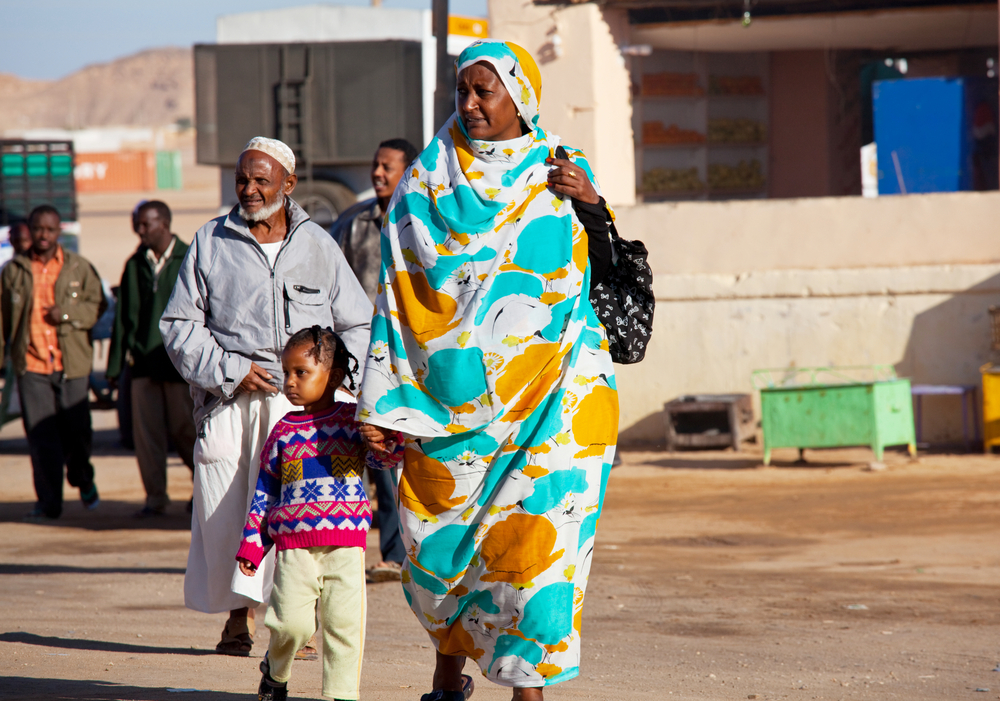(8 March 2016) In February 2015, Sudan passed a number of amendments to the 1991 Criminal Act, including long-awaited amendments concerning rape and sexual violence. An amendment to Article 149 (rape) changed the legal definition of rape, and a new article 151 (3) was introduced, providing a new offence of sexual harassment. The amendments followed years of concerted advocacy by Sudanese women’s rights advocates who have called for concrete amendments to Sudan’s laws to better prevent and respond to sexual and gender-based violence. The amendments were initially heralded by some as a success: it was understood that the law had been reformed to reflect international standards on rape and that Sudanese women would no longer face charges of adultery or committing “immoral acts” for sexual crimes committed against them. A closer look however exposed that, whilst there were some important steps towards bringing the law in line with international standards, serious gaps remained. The recommendations of experts working with survivors of sexual violence in Sudan were not adequately reflected in the new rape law, and without further amendments and clear guidance to law enforcement officers and judges, the criminal justice outlook for survivors of sexual violence in Sudan remains bleak. The new provision on sexual harassment within the existing law on “gross indecency” introduced ambiguity about who the victims and the perpetrators are in sexual harassment cases. It refers to acts, speech or behavior that cause seduction or temptation, and is likely to serve as a further deterrent to women reporting sexual offences, owing to a risk they could be accused of “gross indecency”.
The rape and sexual harassment amendments were reportedly signed into law, together with a raft of other amendments to the Criminal Act, on 22 February 2015. Symbolic of the lack of consultation or involvement of Sudanese civil society in the process of law making in Sudan, pressure groups that had worked on the issue were not made aware of the content of the amendments until the following month. Over a year later, by March 2016, an official record of the legislative amendments had still not been published on the Sudanese Ministry of Justice website.
This briefing provides an overview of the changes to the law and presents our key concerns related to them. It provides recommendations to the Government of Sudan on steps that should urgently be taken to ensure effective prevention and responses to rape and other forms of sexual and gender-based violence in Sudan.
To read the full briefing, click here.
 African Centre for Justice and Peace Studies ACJPS | المركز الافريقي لدراسات العدالة و السلام
African Centre for Justice and Peace Studies ACJPS | المركز الافريقي لدراسات العدالة و السلام




